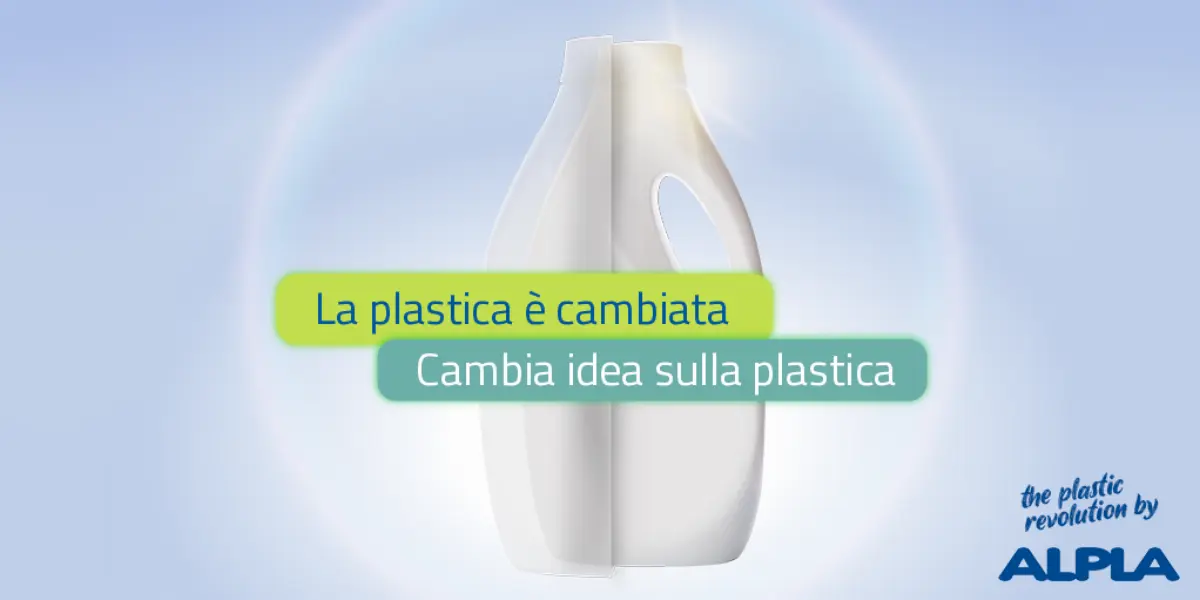
Do you want to access to this and other private contents?
Log in if you are a subscriber or click here to request service
Environmentally friendly packaging by Alpla
Adopted the principles Design for Recycling in line with the objectives of the UN agenda

Alpla, a company engaged in the production of plastic packaging, in order to concretely contribute to the objectives of the UN agenda for sustainable development with increasingly sustainable and innovative solutions, has adhered to the principles of Design for Recyclying, an area in which good design practices play a role of primary importance in guaranteeing the recyclability of packaging from a...
hef - 24214
EFA News - European Food Agency
EFA News - European Food Agency